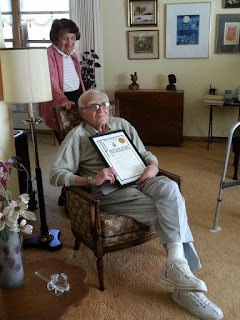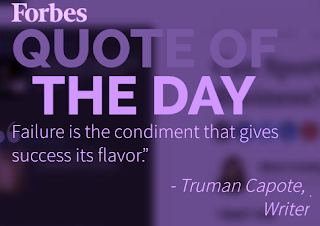A lot of things happened in 2017. One of my friends did a chart with colored markers but I'm much more into typed lists than I am graphic design, so here's part of it:
- Directing Little Women at Third Wall Productions (directing debut and role debut as Marmee)
- In addition to doing a reprise of LoveSICK with Dyana Neal, Steven Lampredi and Jim Knost, I returned as a solo cabaret artist in two places doing The Not Here Cabaret with Michael Tan at Spotlighters Theatre and at Germano's.
- Performing in new venues:
- St. Leo's in Little Italy (Cantor)
- Friends' School (CAB)
- Third Wall Productions (See above)
- Germano's (See above)
- Shetler Studios in NYC (Hitchy-Koo 2017)
- The Belvedere (HOB Prohibition Gala - although no one heard us, because it was really loud, but that's okay)
- The lobby at the Lyric (with Lyric Holiday Carolers, a new group that I formed which may reappear next year)
- I'm working with a composer, Garth Baxter, who has agreed to set several Irish poems to music! This is a project that was supposed to happen in Milwaukee, but that composer didn't seem all that interested. (Basically, a reflection of how I was regarded in Milwaukee...)
- After a hiatus of 21 years, I received a contract for Don Carlo with Washington National Opera - my costume fitting was a couple of days ago.
- I joined the board of House of Bankerd!
- I did my first podcast for HOB's State of the Arts podcast.
- Joined the faculty at Notre Dame University of Maryland (down the street from my house!)
- I was cast in a reading of a new musical that will be performed next weekend, Do It Now! The Mayor Schaefer Musical, and got to know a whole bunch of new people and reconnected with some I sang with YEARS ago.
- I returned to blogging and was quite active this summer, but fell out of it when school started up in the fall.
- I started meditating and was doing it daily all summer, but fell out of it when school started up in the fall.
- I expanded my gym membership to take advantage of more Zumba classes, and was doing it 3-4x/week, as well as other classes, until I had an injury on Labor Day and had to put it on hiatus (are we noticing a pattern here?) for awhile.
- We hosted 3 parties at our house, the cast party for Little Women, Thanksgiving dinner, and a Boxing/Bill Day Party, all of which were successful. (You know it's a good party when there's very little food left over.)
- A housekeeper! Well, actually two, since I fired the first one.
- My husband returned to the jazz stage (is it really a stage?) with the reunion of his old band (and I mean OLD - they hadn't performed together for 30 years), First Impressions. (The name of that band sounds like they should all be wearing powder blue tuxedos.) I'm hoping that he'll be doing more of this and that maybe, just maybe, he and I and maybe David Bell could do some cool 1930s cabaret show.... :D
- I quit Oldfields School.
- I continue to be an alto section leader and cantor at Cathedral of Mary Our Queen and in the professional choir at Temple Oheb Shalom.
- I'm still in Concert Artists of Baltimore, with whom I did 4 concerts this year: St. Matthew Passion (4/1), Gershwin (10/8), Messiah (12/8-9), and Catholic Charities (12/14).
- I auditioned for a straight play and thought I did a really good job. Wasn't cast, but I enjoyed the process.
- Saw a couple of shows - but not nearly as many as I should've. High point - Ragtime at Ford's Theatre in DC. Also Audra MacDonald at the Strathmore.
- We went to the Maryland Renaissance Festival five times.
- I got together with friends in Milwaukee at the Journeyman Hotel's rooftop bar when I was there. Not as many as I would've liked. A lot of people simply didn't bother to respond to my invite....
- We remodeled our backyard so that we have a great place to throw more parties!! Next year: Renaissance Party 2018!!
The year didn't have too many downsides, personally. Donald Trump is still president, and I have hated him for 30 years just because of who he is. His presidency and "policies" are just icing on the cake.
My husband had a close call, work-wise. It seems to have resolved itself, but it came at a very rough time and we did not know what the future was going to be. As it stands now, he wound up, through his own perseverance, with a promotion and more (and welcome) responsibilities.
The hardest thing, of course, was the diagnosis of my beloved Pippin with cancer, resulting in the amputation of his left hind leg. We don't know what his outcome will be. He's doing really, really well and we're meeting with the oncologist in a week to explore chemo and other treatment possibilities.
Tomorrow I want to explore the things that will (or might) happen in 2018. Overall, I'm pretty pleased with how this year went for my family and for me, professionally and personally.
Happy New Year!
Happy New Year!



















